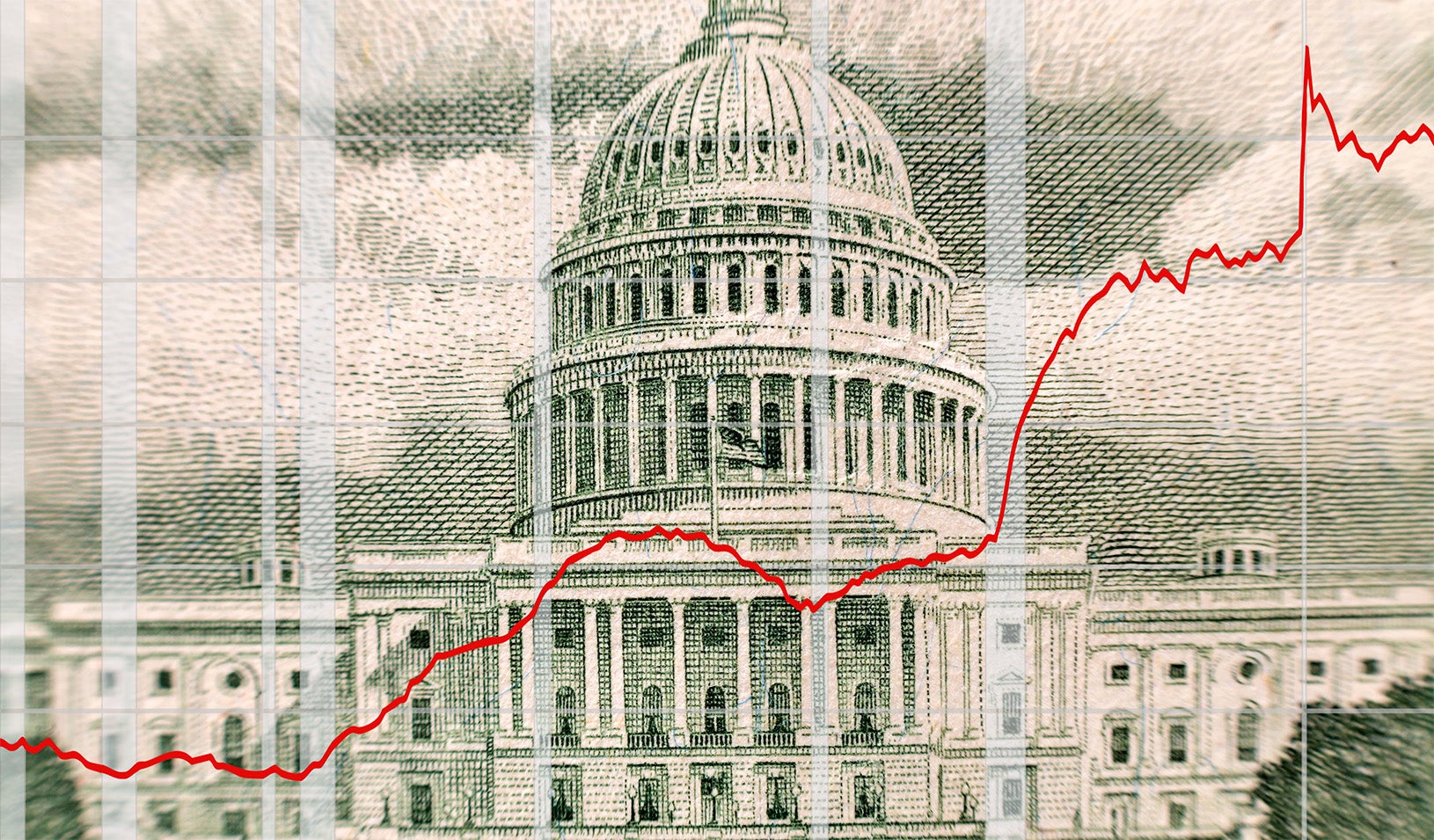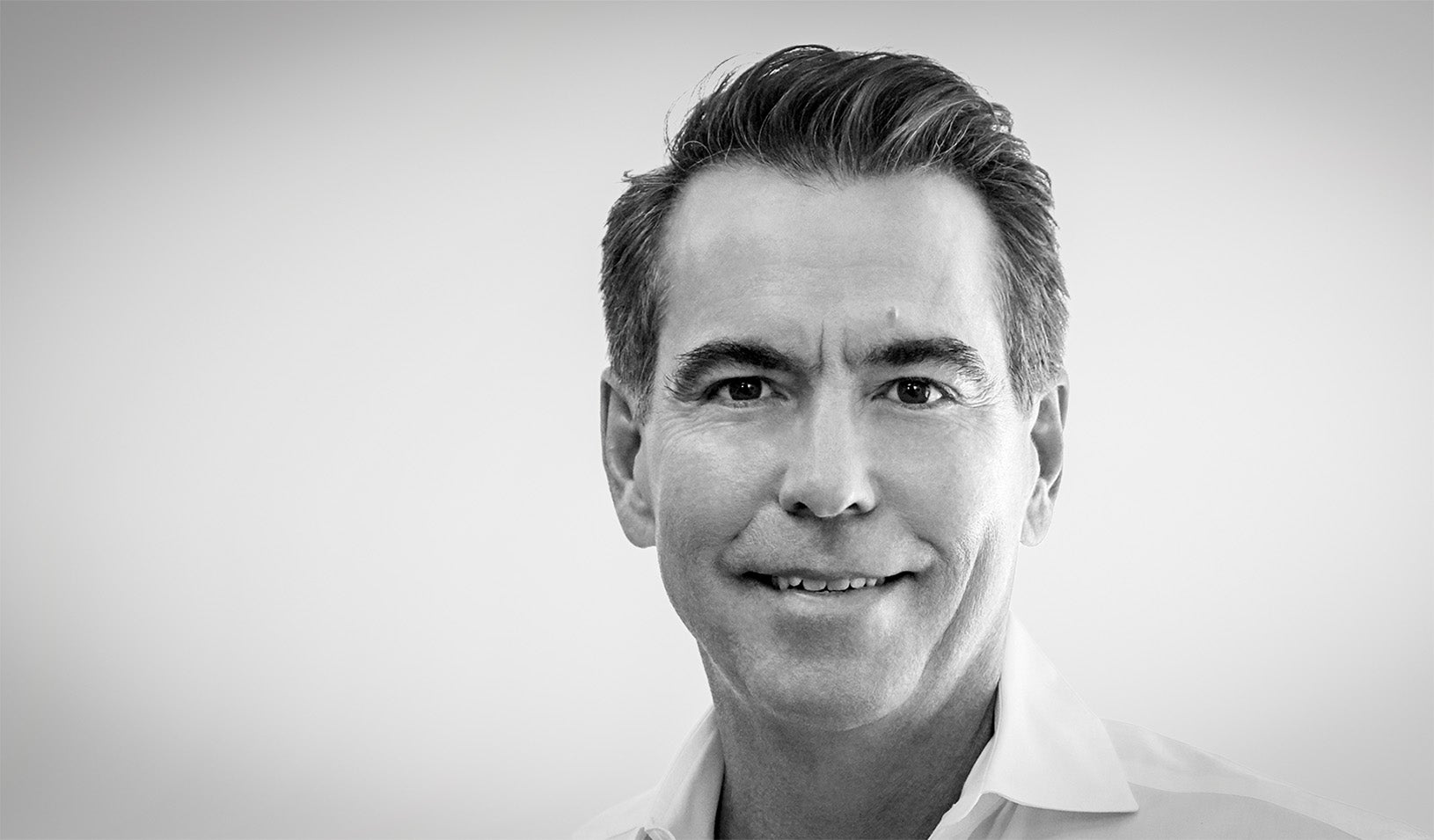May 01, 2004
| by Stanford GSB StaffIn rural India, a loan of $50 can spell the difference between poverty and economic self-sufficiency for an entire family. Such is the power of microlending, a form of finance that is helping to eradicate poverty in countries all over the world. Vinod Khosla, founding CEO of Sun Microsystems and a partner at the venture capital firm Kleiner Perkins, calls it “one of the most important economic phenomena since the advent of capitalism and Adam Smith.”
Speaking at the conference on Global Business and Global Poverty at Stanford Graduate School of Business, Khosla used the Indian organization SHARE Micro Finance Limited to illustrate microfinance. SHARE targets rural women in India whose per capita income is less than $8 a month — well below the World Bank poverty line of $30 a month. The organization lends each woman $50 to $100 to fund entrepreneurial projects proposed by the recipients. For example, a woman might open a market tea stall or small grocery or buy a rickshaw or bicycle to transport the wheat grown by her family to market. The rickshaw would allow her family to retain 50 percent of the profits from the wheat that would have gone to pay another transporter. On the high-tech end, some women have opened Internet kiosks that have become profitable within the first three months and have provided a livable wage within six months. “There are hundreds of examples like this,” Khosla said.
In what Khosla calls a “virtuous pyramid scheme,” SHARE lends money to eight-member women’s groups. Because they are all part of the same community, the group members are under strong social pressure not to default. “It’s embarrassing to default, and if one person does, the others have to make up for it,” he said.
In part because of this sense of community, SHARE has an impressive repayment rate on the more than $71 million it has disbursed in 3000 villages of India since 1994. Of its 197,000 clients, 77 percent have experienced a significant reduction in poverty over the past four years, and 38 percent are no longer considered poor, Khosla, MBA ‘80, told the audience at the May 19 conference organized by the Center for Global Business and the Economy at Stanford GSB.
“More important,” said Khosla, “if you talk to these women, they’re empowered. People who are first-time borrowers are always looking down, their head covered with a sari. Anyone who has been borrowing for more than three years looks you straight in the face, eye-to-eye. So a few years of this not only changes their financial status, but also their mental attitude. I have no doubt that this will have all kinds of other consequences.”
What should make microfinance attractive to investors, Khosla said, is that lending organizations such as SHARE operate on strictly commercial terms, make a profit, and are scalable. “For a small amount of equity, such organizations are leveraging a lot of resources, not only in India, but in Pakistan and all over the world,” he noted.
While most microfinance organizations have been local efforts that have lacked the borrowing base of large banks, recently the Grameen Foundation has helped open up a new avenue competitive with market borrowing rates. At the 1997 Micro Credit Summit, numerous advisers, including Prof. Muhammad Yunus, founder of Grameen bank and a professor at Chittagong University in Bangladesh, announced a goal of reaching 100 million poor families — or a total of 500 million individuals — by 2005. Grameen’s strategic plan includes raising $80 million in funds, $56 million of which will be private, to help in this effort.
Critics had argued that lending money in $50 increments would be uneconomical and would lead to even greater burdens for the poor. The success of the more than 6,000 institutions doing some form of microfinance today has proven this wrong, said Khosla. “The phenomenon can draw economic resources on a worldwide and competitive basis,” he said.
Khosla urged listeners to join in the movement to remove regulations currently prohibiting microfinance organizations from obtaining necessary credit. Addressing the question of whether interest rates of 20 to 30 percent are usurious, he said: “Would you rather have no loan, or an interest rate of 25 percent? The alternative is a local money lender who charges 5 to 10 percent per day. So let’s be pragmatic, let’s get beyond superficial, ethical dilemmas.”
Khosla said his own attitude has come a long way since 1993, when he first went to India to address global poverty and felt overwhelmed by the magnitude of the problem. “It’s taken only a few people to dream the dream of having an impact on half a billion people, and to follow through and start making that happen. It’s tremendously exciting and I think all of you should get involved,” he urged listeners.
For media inquiries, visit the Newsroom.






